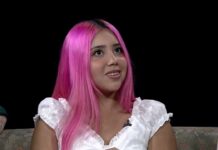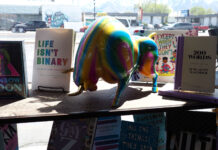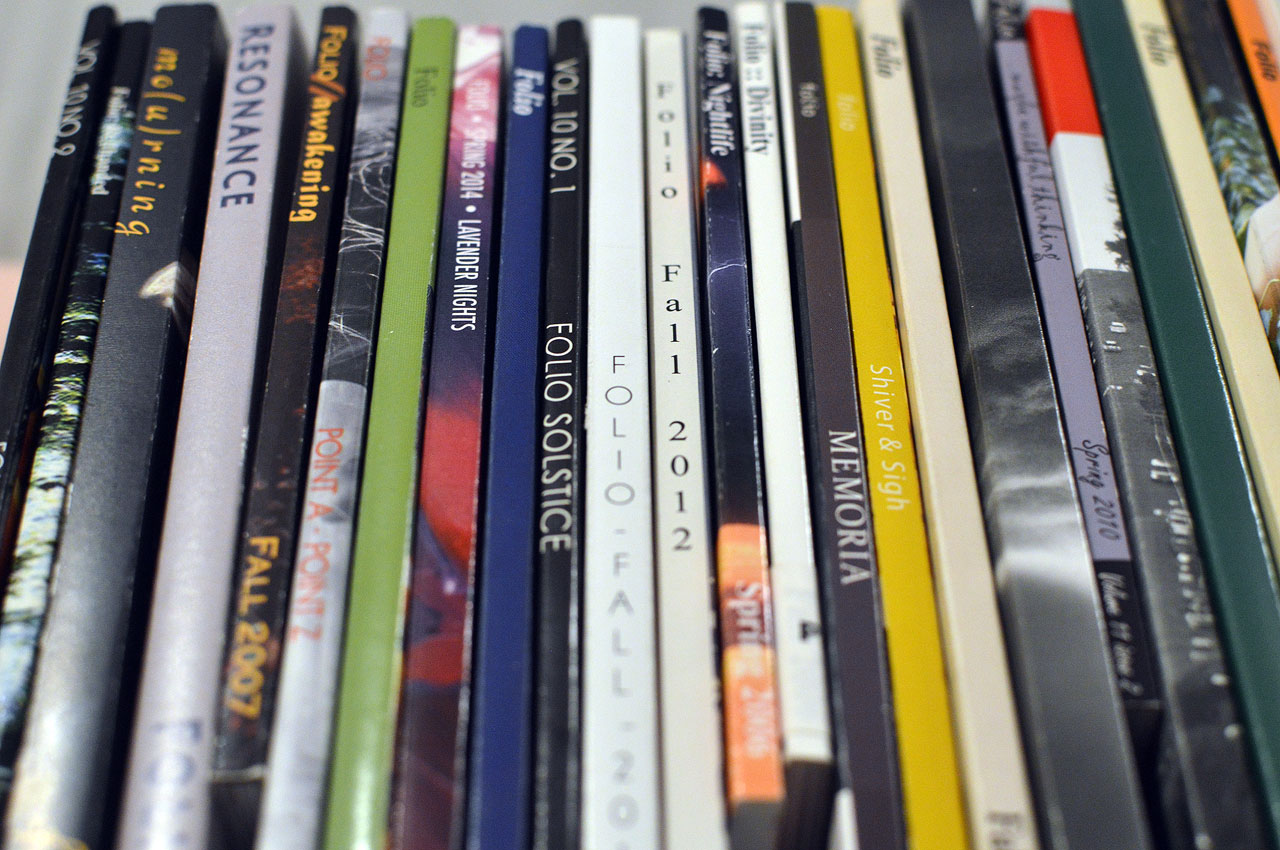
Learning a new language is hard enough, but some classes can be a new language on their own.
Emmanuel Santa-Martinez, assistant professor of biology at Salt Lake Community College, personally struggled with language barriers while completing a Ph.D. in biology in English, which is not his primary language. Santa-Martinez earned his undergraduate degree in Puerto Rico before working on a doctorate in entomology at the University of Wisconsin-Madison — where he felt the language barrier firsthand.
“When I studied for my doctorate, I realized that it was very difficult for someone like me who comes from a completely Spanish-speaking country,” Santa-Martinez said. “And since there was no help for me, I was practically suffering.”
Now, Santa-Martinez, who teaches intro to biology at SLCC in both Spanish and English, sees his role as helping students succeed where he struggled.
“My goal is not to teach you in English; it’s to teach you and make sure that you understand biology,” Santa-Martinez said.
With intro to biology being provided as a dual language course, students who are learning English can grasp key concepts without the additional burden of translating unfamiliar terms and definitions, thus avoiding a common hurdle in science courses.
Recently, a worrying percentage of Hispanic and Latinx students were identified to be struggling with introductory biology. Soon after, Santa-Martinez received support from Craig Caldwell, dean of the School of Science, Mathematics and Engineering.
“In introduction to biology, the average grade for native Spanish-speakers was a ‘C,’ and some of them failed. Some even actually change majors, so they [could] avoid biology,” Santa-Martinez explained. “And that’s not okay. You should pursue your dreams, and biology shouldn’t stop you from [doing] that.”
The first intro to biology class provided in both Spanish and English arrived in Fall 2021.
“It’s improving everyone’s grades and GPA overall,” Santa-Martinez said. “The first time I taught the class, [there were] eight students. And then seven ended up passing with an ‘A.’ So, that says a lot … the class is not easy, but [now] the resources are there to help students succeed.”

Many students who have taken the dual language class have expressed gratitude for its existence. Gabriel Ramos, a computer science major, said his fellow classmates recommended the dual language class to him.
“I was surprised to see that there was going to be a bilingual class in Spanish and in English,” Ramos said.
Another student, Vanessa Alvarez, was in the process of finishing the English as a Second Language program on campus. She reported feeling more confident while in Santa-Martinez’s class.
“I was a little afraid because I didn’t know [English] very well,” she said. “[The dual language class] seemed like a great opportunity to not fail the class and to gain knowledge … not only to pass the class but also to learn.”
The dual language structure allowed Alvarez and Ramos to have slightly different experiences in the class. Its dynamics allow students to learn definitions and terms in both languages and, in the end, both students were able to achieve their goals.
“I wanted to pass the class with an ‘A’ because I had a scholarship and it was important to me to have an ‘A,’ but [it was also important] to pass and learn something from the class,” Alvarez said. “So, when I finished the class, I did both. I got an ‘A’ in my class, [and] I also gained a lot of knowledge.”
Santa-Martinez said that the college’s next step is to offer more dual language courses. This is especially important as SLCC works to become a Hispanic-Serving Institution (HSI), which is a designation granted by the federal government.
“We are right now an emerging Hispanic-Serving Institution,” Santa-Martinez said. “Hopefully, we are going to reach that status very soon. [It] means that 25% [of students identify as Hispanic/Latinx]. That’s a big population, and [it] means we need to have resources to serve that community as well.”
Ramos hopes other departments will follow the same example and offer more classes in a dual-language format.
“Offer more courses to students, and at the same time, I also think that it will motivate students to take not only biology but, for example, mathematics,” Ramos said.
Alvarez said dual-language courses also provide a safer environment for Spanish-speaking students.
“You can speak your language, but you can also experiment with speaking another language,” she said. “Because you don’t speak the language well or your accent isn’t the same … in many cases, you have classmates or even teachers who are a little racist [because of] your accent or they don’t understand you.”
To continue to grow, Santa-Martinez said SLCC must spend more on its faculty to get other departments to follow through with a full, dual-language program.
“We need [to provide] more financial support to the faculty that teach and translate all this type of material,” he said. “That is a skill that not everyone has, and it should, of course, be compensated and appreciated.”







